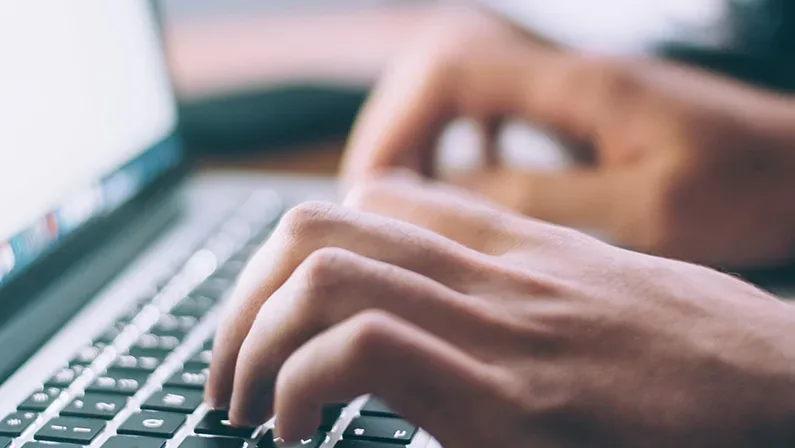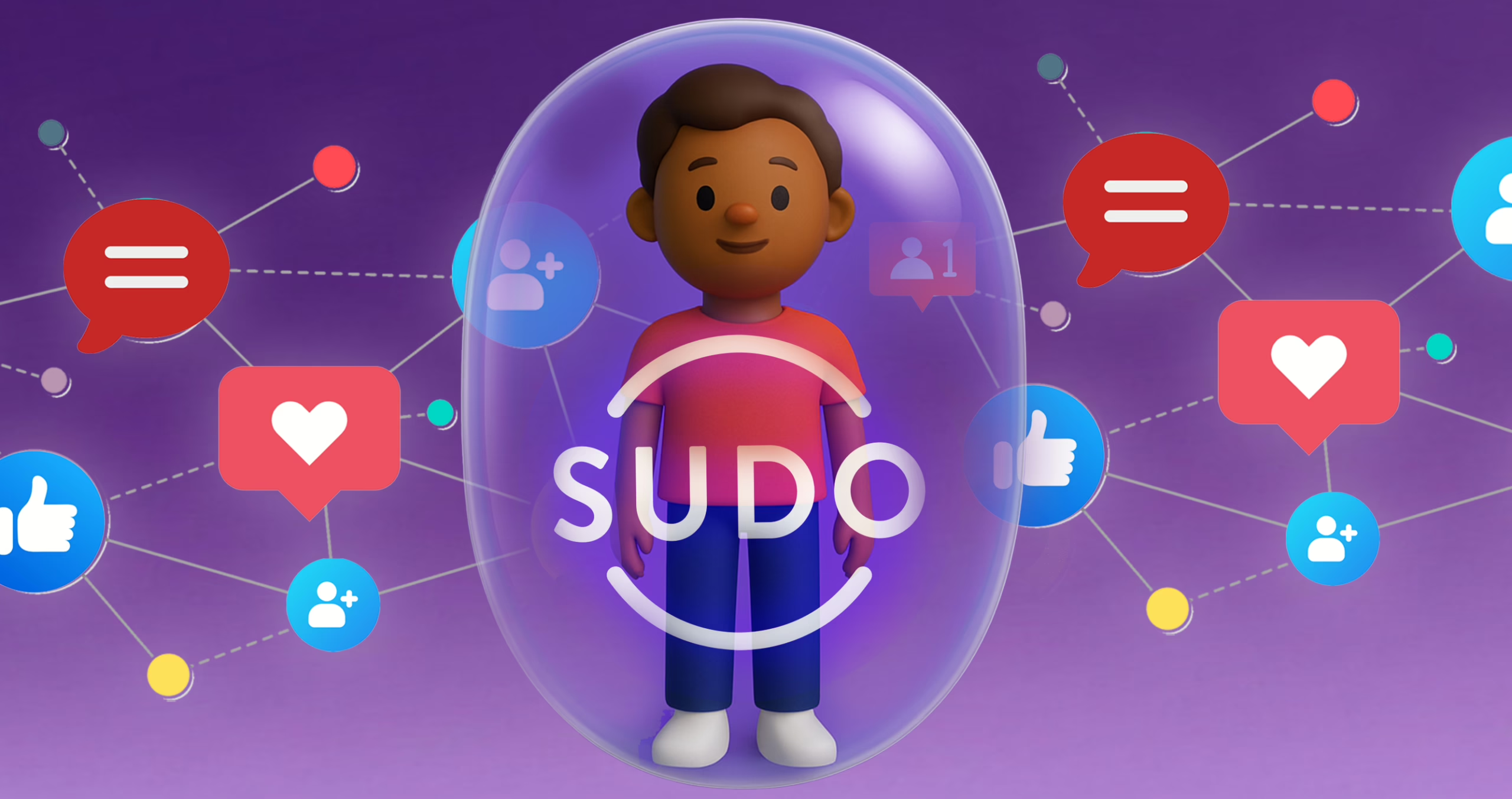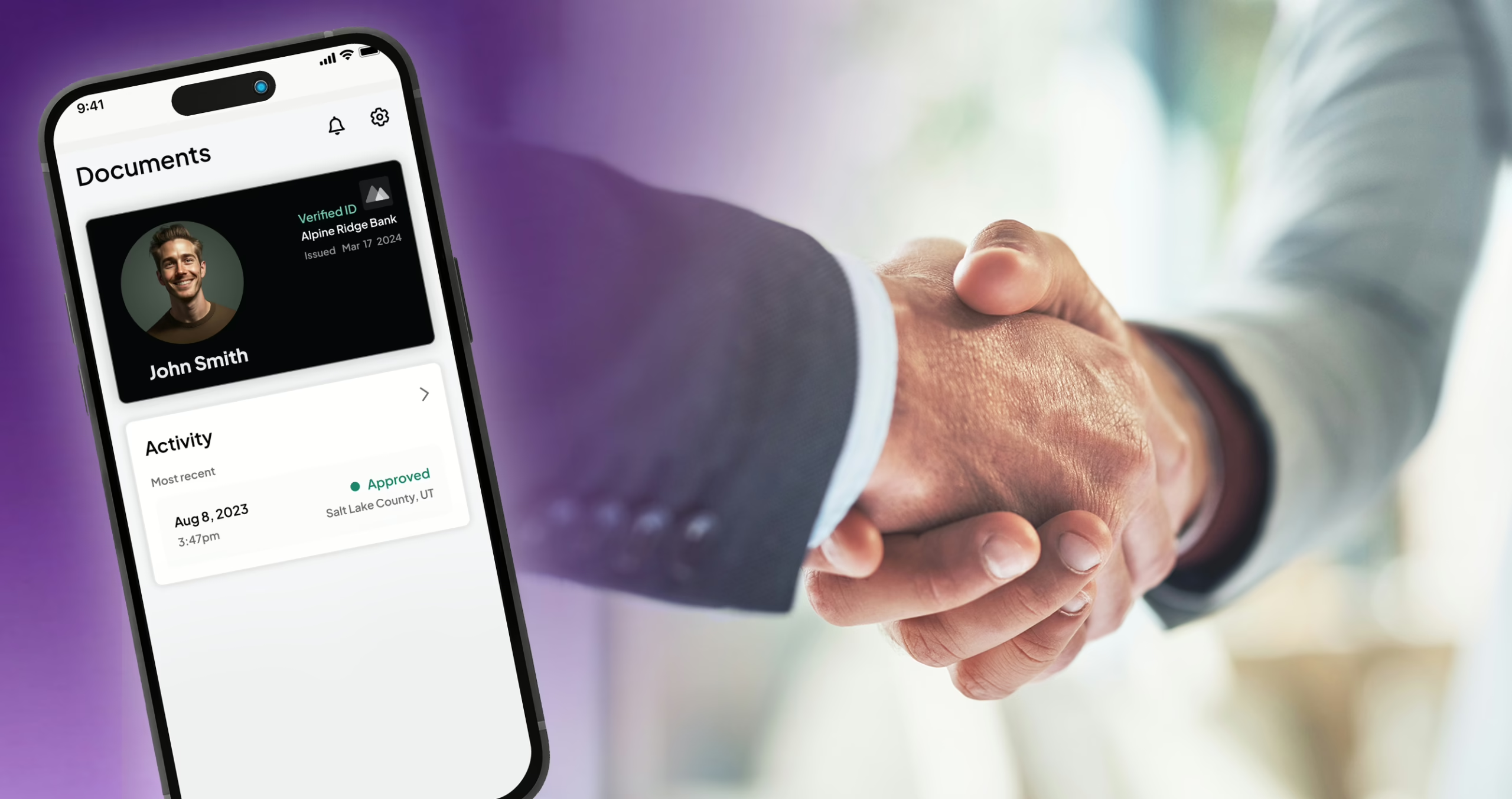At this moment, there is a copy of every unencrypted email, text, photo, gif or emoji you have ever sent in your digital life. These copies are stored under your name/identity in the national data storage facility operated by the U.S. National Surveillance Agency. (One of the newest and largest of these is local to us here at Anonyome Labs—the Utah Data Center.) What this also means is that every unencrypted email, text, or photo you chose to delete after sending or receiving, still exists in this databank as if it were never deleted; deleting only erases it from your device. If you want to see what is in your NSA file, there is currently no clear-cut process in place to obtain your file and no enforced legal obligation for the NSA to give you records of that file. If you used commercial cell phone service or the internet to “deliver” these personal notes and letters to your contacts via text message or email, it is considered that the moment you did you gave tacit consent (even if you didn’t know it) to surrender your privacy and thus ownership of your most intimate or mundane thoughts, conversations, and memories. Many have accepted our current digital reality as just a necessity of living in a post-9/11 world, but there is more to consider in this conversation than is typically laid out in the discussion of privacy.
Privacy is a necessary component for humans because it allows us to have intimacy, and that’s what makes our human bonds feel meaningful. You do care about privacy, we’ve just been trying hard to convince ourselves that we value security more, because it has most often been presented to us as an all or nothing choice. (Do you want us to stop future terrorist attacks? Or do you want “privacy”?) So, let me reframe the privacy debate in a way that illustrates why this is a personal issue for everyone and not just a political talking point.
Digital privacy is so personal, because all of the little moments of every day communication is the essence of your life—it is what marks the difference between the living and the dead. To anyone who has lost a child, sibling, spouse, parent, grandparent, family member, or friend, you know, only after death has slammed that window shut, that those moments you thought mundane were precious. It’s those most mundane things that you miss the very most and would do anything to have again once your loved one is gone. They aren’t nothing.
Do your mundane moments matter to you after that person is gone? Should the database have a picture of your dead spouse that you don’t even have anymore, because you didn’t think at the time they sent that silly text that you would ever care to have that picture? That feeling right there—imagining some 22 year old NSA employee looking through your photos of your dead spouse or child, that not even you have anymore, or listening to the last phone call you ever had with your parent right before they died—let’s allow ourselves to feel the discomfort of that reality so we see it for what it is. Currently, you do not have the same ownership rights to the digital artifacts of your life simply because they are “digital” and not physical.
We don’t expect that when we send a physical note or letter by mail that any federal mail employee who comes in contact with it can open it and look through it—make a digital copy of it and file it away under our name (along with our current and past address and any other potentially relevant information that can be found inside our mail) to be accessed for years thereafter. It’s against the law for any employee or ANYONE that isn’t YOU to open your mail. We don’t expect that it is your mail person’s right to read your mail because we used any mail system (private or federal) to send our personal letters. But imagine for a moment that that was the case—and that when you protested such an invasion of privacy, that rather than being protected by the law, the response that came from the law was that you never should have said it, wrote it, or sent it in the first place if you didn’t want mail employees to read it… and why do you care anyway… you must really have something to hide or you wouldn’t mind anyone looking through your personal mail! So, what are you hiding…!? When the discussion is framed this way, it is impossible to discuss because showing any interest in discussing it presumes you to be guilty of something and thus, undeserving of your privacy.
Too often as citizens we assume that we can’t understand all the various components enough to reframe the discussion when we realize the framing is faulty, so we leave it up to someone else other than us. Let someone else with more time, or a penchant for policy, grapple with the details and make the decisions, then give us a working answer, and we’ll go along with it.
But if we assume the way things are currently is because they must be the best way, the most “right” way, out of all the options, then we need to challenge ourselves with the reality of our human history. Some of the greatest evil we have ever known has been, and still is, executed through the banality of unquestioning, “normal”, everyday citizens (as explored by political theorist Hannah Arendt). The reality of history is that our laws have at times been unjust, and the majority of society complied anyway, until they didn’t.
When we realize that our laws are unjust, or that it has or could have unseen consequences, or unintended harmful effects, we can change it, that is, the underlying principle of “democracy” that we must continue to aspire to and cling to in the digital age because we will be wrong again and again. My hope is that we can get better at making it right when we realize we are wrong. Let’s do better by allowing ourselves to confront the difficult truths about what we could be creating for a future before it’s too late. Let’s commit ourselves to engage with thoughtful nuance and complexity about what digital privacy means and what we are owed as citizens of the US and of the global community. But as long as we don’t have any digital civil rights in place to protect us or offer a viable means of legal recourse from the potentially unchecked powers that be (now or in the future), then the best alternative is to use encrypted tools like MySudo that allow us to take privacy back as a human right worth preserving. Privacy is not about whether you do or do not have anything to hide, it’s about claiming your right to own your words, photos, videos, and all forms of digital communications with your loved ones, because it is the most precious thing we have as humans.



